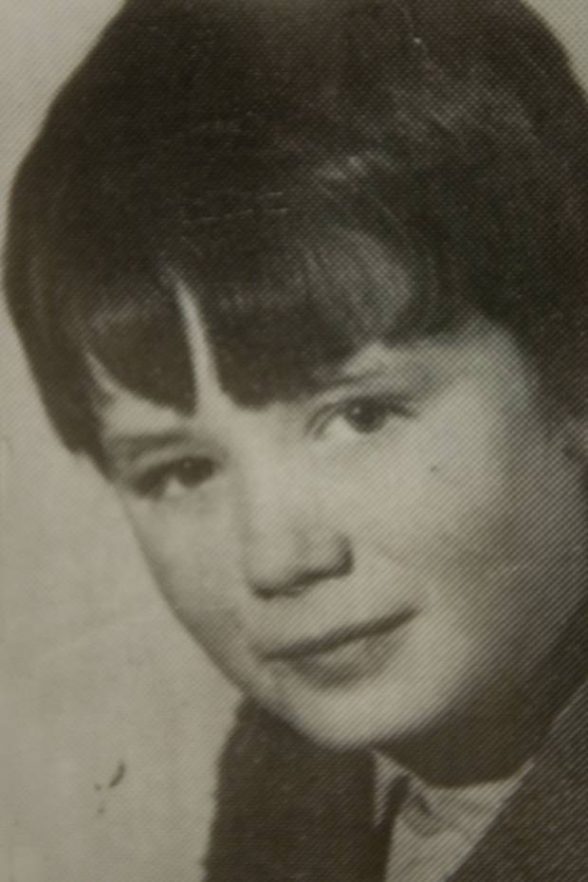
Manus Deery who was 15 when he was shot dead by a British soldier in Derry in 1972. Soldier named today as William Glasgow
THE new inquest into the death of a teenage boy has revealed for the first time the name of the British Army soldier who shot him dead in highly controversial circumstances in Derry over 40 years ago.
Manus Deery was shot dead as he ate chips with his friends in the Bogside in May 1972.
The 15-year-old had left home with a comic magazine tucked into the back of his trousers.
Counsel for the inquest told the hearing at Bishop Street courthouse that the soldier who fired the shots was now dead.
He said the soldier could no longer be rely on his name being kept out of the public doman because of anonymity order.
The soldier was then named as William Glasgow.
Glasgow, who fired the fatal shot, was never prosecuted, even though British Army ‘Yellow Card’ guidelines on when to open fire were breached.
At today’s inquest, the hearing was told that a Special Branch assessment of Manus Deery found he was not a known terrorist and was not known to be involved in any terrorist activity whatsoever.
The shooting became one of the most controversial killings during the Troubles in Derry.
Attorney General John Larkin ordered a new inquest into the death in 2012.
A range of military and civilian witnesses will give evidence to the inquest which is expected to last a fortnight.
His parents have both since passed away and never got justice for their son.
Their children have pledged to carry on the fight to get truth and justice.
A previous inquest held in 1973 returned an open verdict.
The family hope that this one will conclude that the Derry teenager was unlawfully killed.
Just weeks earlier, Manus had started working in the Thomas French factory in Springtown.
He received his first pay packet hours before he was killed.
Manus bought chips from the local takeway, the Scooby Doo.
He was standing with his friends in Meenan Square, close to the Bogside Inn, when he was shot by a soldier firing from Derry’s Walls.
Glasgow – who was previously named only as Soldier A – fired one high-velocity bullet, which hit Manus in the head.
But Soldier B, who was with him but didn’t fire, will give evidence to the inquest from behind a screen.
Both soldiers insisted that they had spotted a gunman.
The soldiers’ commanding officer will give evidence.
The inquest will also hear from police, medical and civilian witnesses.
Neither Glasgow nor B had to appear at the original 1973 inquest at which the family weren’t legally represented.
A report of a re-enactment of the circumstances of the controversial shooting, which took place in May, will form a central part of the evidence at the inquest.
Tags:




